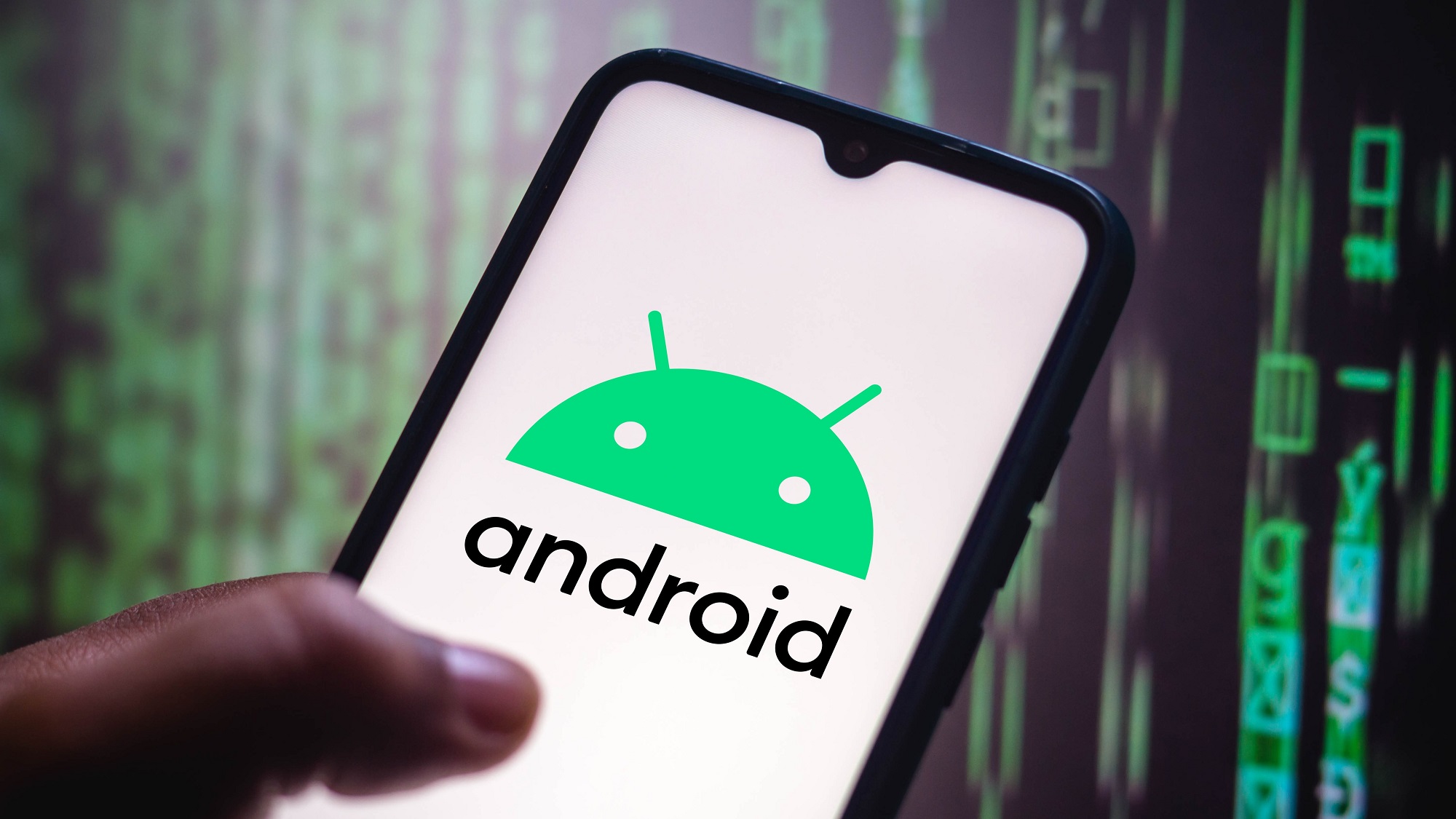This free Android upgrade will hide your apps from prying eyes
Google's Android update won't show you incredible things, and that's entirely deliberate


Get all the latest news, reviews, deals and buying guides on gorgeous tech, home and active products from the T3 experts
You are now subscribed
Your newsletter sign-up was successful
Most of the time, tech firms want to show off their latest phone updates – but Google's working on something that's the opposite of showing off. A new feature called Private Space will enable you to hide the apps you choose from prying eyes. Apps you've put into Private Space won't appear in the launcher, privacy dashboard, permission manager or other settings and won't deliver notifications while you've got them locked.
Hiding apps isn't new to Android; it's a feature you'll find in many third party launcher apps, including ones from the likes of Samsung and OnePlus. But those features aren't baked into the operating system. Private Space will be. It's currently available in the latest Android Preview and will then become part of the full OS in a future release.
How does Private Space work in Android?
Thanks to 9to5google we know exactly how the feature works. There's a new icon at the bottom of the App Drawer, although you can hide that too, and the feature is also available in Security & Privacy > Private Space > Hide Private Space when locked.
There are all kinds of reasons why you want to hide certain apps. Privacy is one, of course, but I think not having your kids wreak havoc on your phone is another: being able to share a few everyday apps without running the risk of them causing chaos would be handy.
Unlocking Private Space works just like unlocking your phone, and you can set it so that the same unlock works with both simultaneously – although that does somewhat negate the usefulness of using Private Space in the first place. For most users it's a better idea to have two separate lock patterns, one to unlock the phone and one to unlock Private Space.
Although the feature is currently in the preview release, it's still very much an early beta: it's clearly coming in Android, but it's unlikely to make it into the final release for a while yet. Google has included notices saying as much, stressing that it's very much a work in progress right now. It's possible that the feature might not be released until Android 15, which is expected later next year.
Get all the latest news, reviews, deals and buying guides on gorgeous tech, home and active products from the T3 experts
Writer, musician and broadcaster Carrie Marshall has been covering technology since 1998 and is particularly interested in how tech can help us live our best lives. Her CV is a who’s who of magazines, newspapers, websites and radio programmes ranging from T3, Techradar and MacFormat to the BBC, Sunday Post and People’s Friend. Carrie has written more than a dozen books, ghost-wrote two more and co-wrote seven more books and a Radio 2 documentary series; her memoir, Carrie Kills A Man, was shortlisted for the British Book Awards. When she’s not scribbling, Carrie is the singer in Glaswegian rock band Unquiet Mind (unquietmindmusic).
